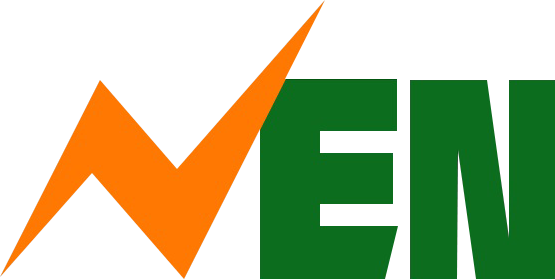Types of CNC Machines and Their Applications
CNC (Computer Numerical Control) machines are essential in modern manufacturing, offering high precision, efficiency, and versatility. Here are some major types of CNC machines and their detailed applications:
▶ CNC Milling Machines
CNC milling machines are among the most common CNC machines, used for milling, drilling, and cutting operations.
- Features: They can operate on multiple axes, typically three or five, allowing them to process complex 3D shapes. Equipped with automatic tool changers, they can quickly switch between different cutting tools.
- Applications: Widely used for manufacturing complex parts like molds, gears, brackets, and fixtures. They are favored in aerospace, automotive, and electronics industries for their precision and flexibility.
▶ CNC Lathes
CNC lathes are designed to rotate the workpiece while using fixed cutting tools to remove material, ideal for producing symmetrical parts.
- Features: These lathes often have dual spindles and multiple tool turrets, enabling simultaneous operations to enhance productivity.
- Applications: Used for making cylindrical or conical parts such as shafts, rods, bushings, and threads. They are commonly used in the automotive industry and mechanical manufacturing for high-precision rotational components.
▶ CNC Drilling Machines
Specialized for precise drilling operations on workpieces.
- Features: Capable of deep hole drilling and drilling at various angles.
- Applications: Suitable for industries requiring high-precision drilling like aerospace, construction engineering, and medical equipment manufacturing. They can drill into metals, plastics, and composites.
▶ CNC Grinding Machines
Use rotating grinding wheels for fine machining to achieve excellent surface finishes.
- Features: Grinding machines provide high-precision surface processing and handle hard materials.
- Applications: Commonly used in tool manufacturing, automotive industry, and production of components requiring high surface quality such as bearings and gears.
▶ CNC Plasma Cutters
Utilize plasma arcs to cut metal materials.
- Features: Capable of quickly cutting thick metal sheets and suitable for large-scale processing.
- Applications: Widely used in metal fabrication, shipbuilding, and construction industries, especially for cutting steel, stainless steel, and aluminum.
▶ CNC Laser Cutters
Use high-energy laser beams for precise cutting.
- Features: Laser cutting offers extremely high precision and speed and can handle complex shapes.
- Applications: Suitable for processing a variety of materials including metals, plastics, and wood. Widely used in electronic product casing, signage production, and decorative item manufacturing.
▶ CNC Electrical Discharge Machines (EDM)
Use electrical sparks to erode material for complex shape processing.
- Features: EDM can process without contacting the workpiece, ideal for hard-to-machine materials using traditional methods.
- Applications: Primarily used in aerospace, electronics industries, and mold manufacturing where high precision and complex geometries are required.
▶ CNC Waterjet Cutters
Use high-pressure water streams or water mixed with abrasives for cold cutting.
- Features: Waterjet cutting does not create heat-affected zones, making it ideal for heat-sensitive materials.
- Applications: Suitable for various materials including rubber, glass, stone, and metal sheets. Commonly used in aerospace, automotive interiors, and artistic carving where no heat impact is needed.
▶ Multi-Axis CNC Machines
Can move in multiple directions to enhance processing flexibility and precision.
- Features: Typically have five or more axes of movement to achieve complex surface machining.
- Applications: Widely used in aerospace, automotive industries, and medical device manufacturing where high precision and complexity are required for mass production of parts.
Each type of CNC machine has unique functions and advantages. Choosing the right machine type depends on specific production needs, material characteristics, and budget considerations. Understanding these different types of CNC machines and their applications can help businesses optimize production processes and improve efficiency and product quality.

